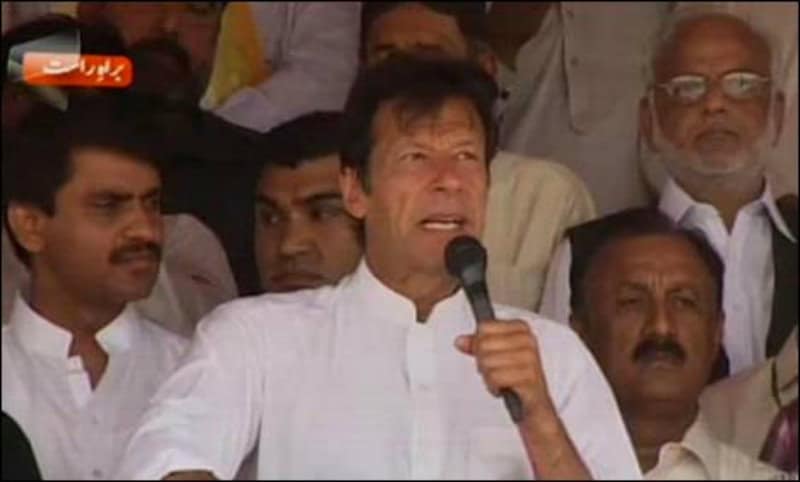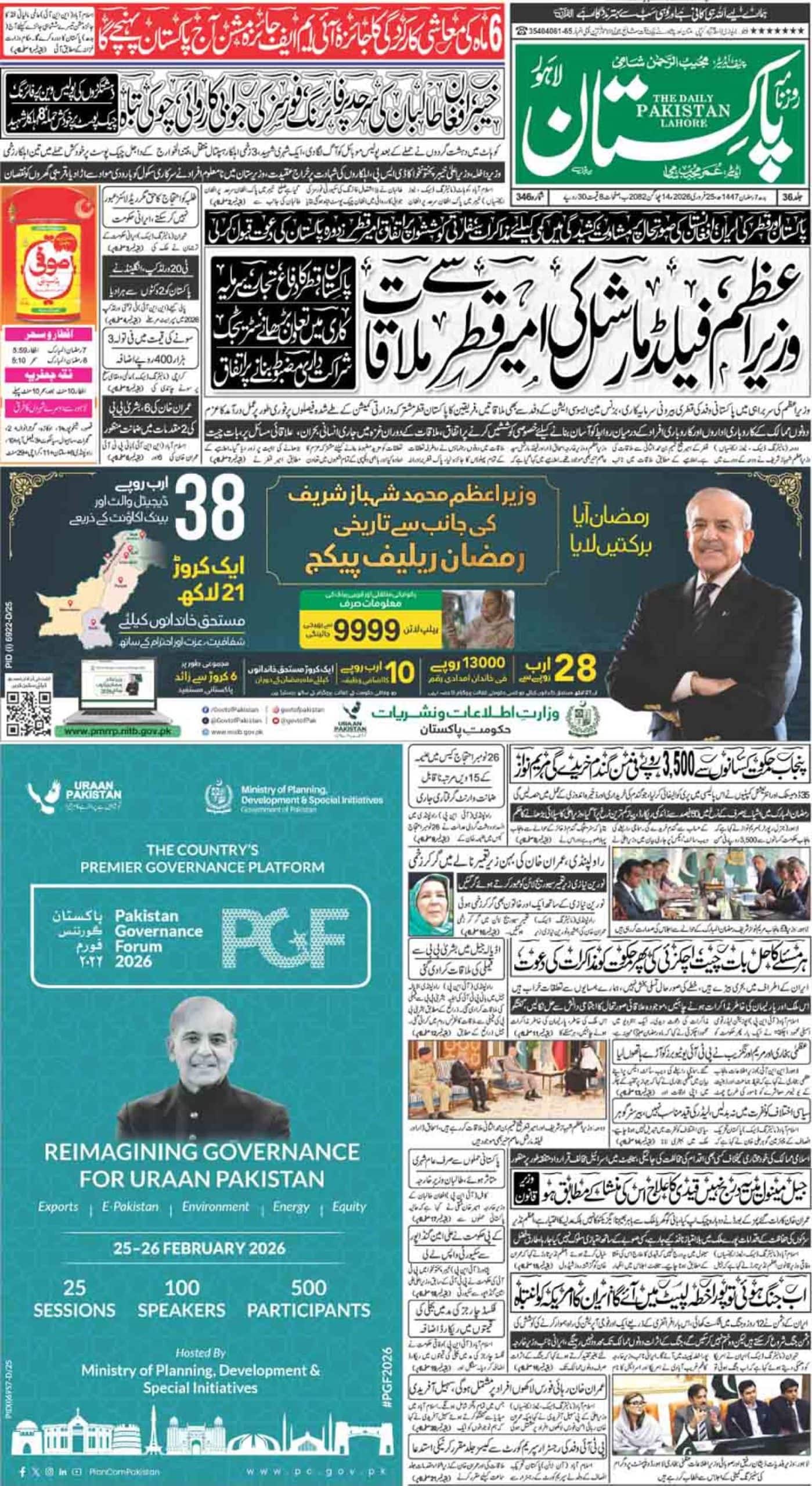ISLAMABAD – The Islamabad High Court on Tuesday suspended the non-bailable arrest warrants issued by the Election Commission of Pakistan against PTI chief Imran Khan in a contempt case.
The court has issued notices to the parties concerned in this regard. The hearing of the case was adjourned till October 30.
Imran Khan had challenged the non-bailable arrest warrants issued against on October 18 stating that the ECP had made him (Imran) a target of political victimisation and exceeded its jurisdiction pleading that the commission had violated his basic rights by issuing the warrants.
The PTI supremo had voluntarily decided to appear before the election regulator on October 26 after it issued non-bailable arrest warrants for the PTI chief on October 12 pertaining to a contempt of court case against him.
The five-member ECP, bench headed by Chief Election Commissioner Justice (retd) Sardar Raza Khan, had ordered the police to arrest Imran and produce him before the commission on October 26.
https://en.dailypakistan.com.pk/pakistan/imran-to-voluntarily-appear-before-ecp-on-oct-26/
Nonetheless, on September 14, the ECP had issued bailable warrants against Imran to ensure his presence in the case.
Imran was directed to submit a surety bond worth Rs100,000 until September 25 and nominate two persons who would ensure payment of the amount and be held responsible otherwise.
Imran was also ordered to appear on that day in the commission in person, however, the PTI approached the IHC through his counsel Babar Awan which suspended the bailable arrest warrants.
The ECP had issued the contempt notice to Khan on January 24 over his ‘scandalous remarks’ about the commission which was investigating the foreign funding of party.
PTI’s founding member, Akbar S Babar informed the commission that Mr Khan had accused the ECP of being biased in the foreign funding case following which his counsel had tendered an apology with the commission.
Babar claimed that the PTI chairman in a TV interview said that his counsel had tendered an apology in his personal capacity and that he (Imran) had not apologised.














